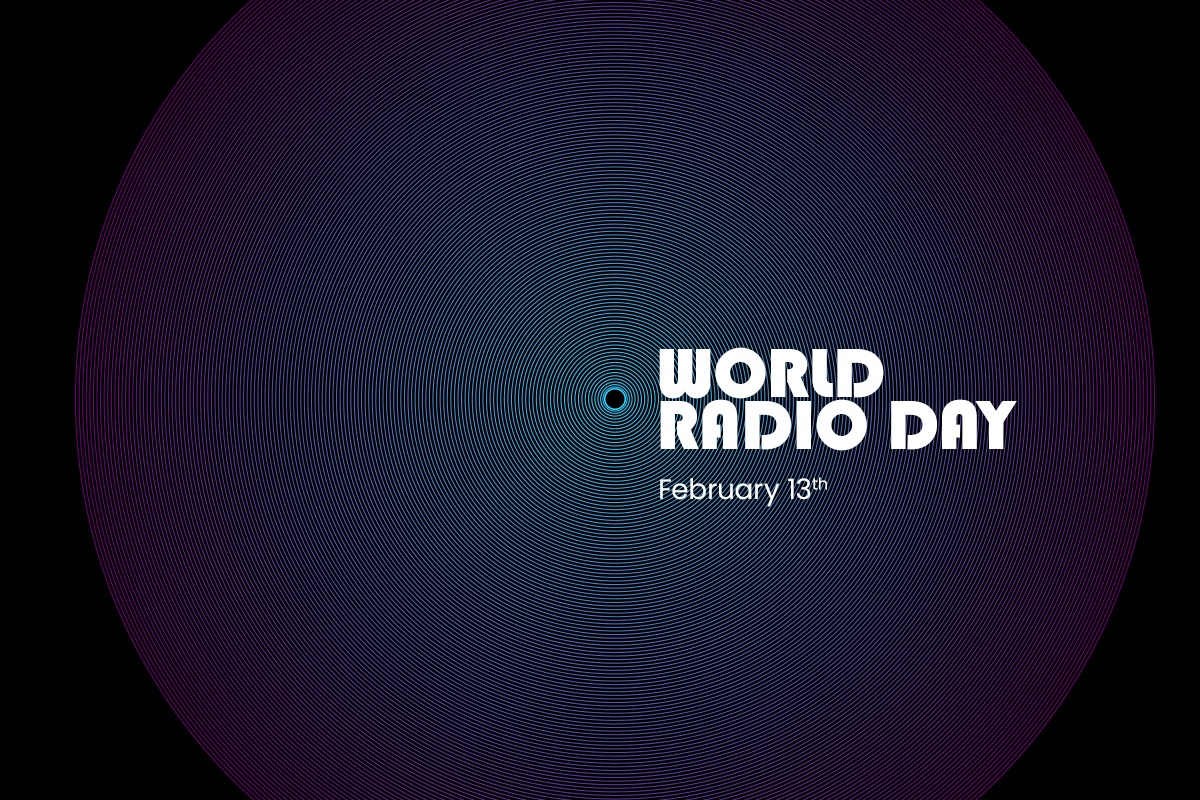World Radio Day, celebrated every year on February 13, was established by UNESCO in 2011 to recognize the importance of radio as a medium for information, education, and empowerment. In 2025, the theme highlights radio’s vital role in addressing climate change, urging broadcasters to prioritize fact-based environmental reporting.
The Power of Radio in Climate Communication
As we approach a pivotal year under the Paris Agreement, with greenhouse gas emissions needing to peak to limit global warming to 1.5 degrees Celsius, UNESCO calls on radio stations worldwide to ensure their coverage includes climate-related topics. Radio can help shape public understanding, motivate action, and drive sustainable solutions while maintaining editorial independence by delivering verified independent information.
“Radio possesses a distinct ability to shape listeners’ perceptions of climate change,” says Mirta Lourenço, UNESCO’s Chief of Media Development and Media in Emergency. The organization encourages broadcasters to evaluate their sources, ensuring credibility and diversity in reporting.
Local Radio: A Voice for the Most Affected
Local radio stations are crucial in amplifying the voices of communities most affected by climate change. Rural populations, Indigenous Peoples, and those facing environmental disasters rely on radio for information and advocacy. By incorporating interviews, community stories, and expert analysis, broadcasters can demystify complex environmental issues and encourage practical solutions.
Additionally, radio remains a reliable lifeline during crises when broadband and cable networks may fail. Cross-border collaborations between broadcasters strengthen climate change coverage, ensuring that essential stories reach a global audience.
Safeguarding Environmental Journalists
A key concern this year is the safety of environmental journalists, who face increasing threats for reporting on climate issues. UNESCO reports that over 70% of journalists surveyed in 2024 experienced harassment, legal threats, or even physical attacks. Protecting these reporters ensures public access to transparent, fact-based climate news.
By providing verified independent information, radio can influence public understanding and motivate action, all while preserving editorial independence.
UNESCO Chief of Media Development and Media in Emergency Mirta Lourenço
Combating Misinformation Through Radio
Radio continues to be a critical tool in countering false narratives as misinformation spreads. With its extensive reach, radio fosters media literacy and empowers communities with accurate information. Recognizing this, UNESCO’s World Radio Day 2025 encourages broadcasters to remain vigilant in their reporting and use reliable sources to inform and engage their audiences.
“Radio stations are close to their listeners, among which there certainly are decision-makers,” Lourenço explains. “Through credible reporting and compelling storytelling, radio can catalyze change and amplify citizens’ voices advocating for climate action.”
As we celebrate World Radio Day 2025, let’s recognize the enduring power of radio in shaping the global climate conversation and fostering a more informed, engaged, and resilient world.
UNESCO invites radio stations to celebrate February 13, 2025, with a unique networking experience and valuable resources. Connect with a radio station from another country to exchange ideas, share materials and stories, feature each other on air, collaborate on programs, or explore co-productions. Consider establishing a long-term partnership to enhance your station’s editorial, financial, and networking potential!
Find out more about this on the UNESCO website here.



